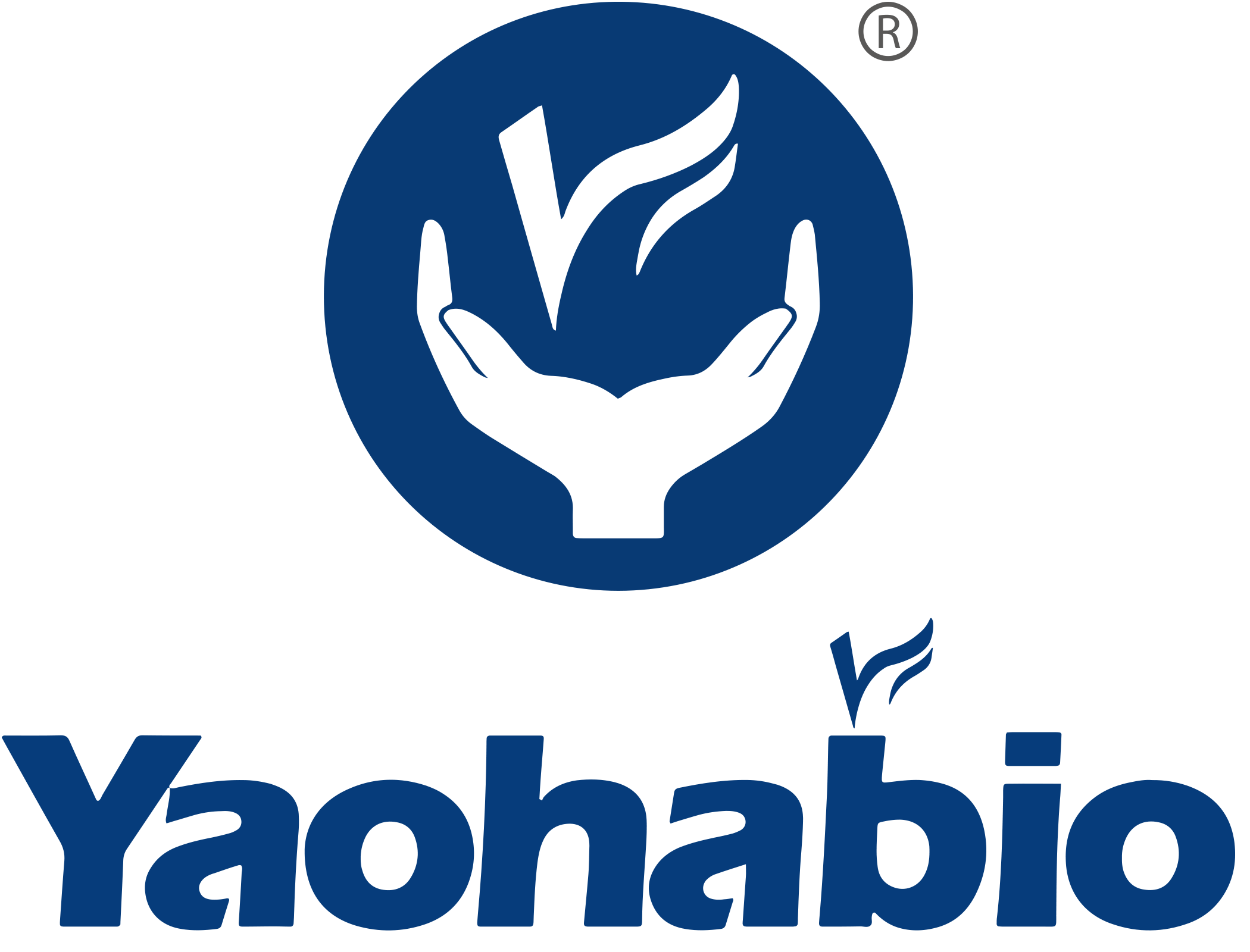Cystic fibrosis (CF) is a genetic disorder rarely seen in an autosomal recessive manner and afflicts the lungs and gastrointestinal system, which in turn causes respiratory and digestive disturbances. Causes of the disease lie in the lack-of-functional mutations in both copies (alleles) of the gene encoding the cystic fibrosis transmembrane conductance regulator (CFTR) protein.
The CFTR protein modulates the transport of salts (including bicarbonate ions) and water across epithelial cell membranes; mutations in the CFTR gene disrupt the normal functioning of chloride channels, resulting in impaired epithelial lining fluid (mucus) transport in the lungs, pancreas, and other organs, causing cystic fibrosis.
Expression of a functional copy of CFTR mRNA in the lungs of cystic fibrosis patients may be able to restore CFTR function and improve lung disease progression. Some mRNA-based therapeutics including MRT5005, ARCT-032, and VX-522, now are under trials in pre-clinical and clinical studies.
MRT5005
Translate Biologics (Sanofi) identified lead candidate MRT5005, a codon-optimized mRNA encoding for the CFTR protein, as the best drug to treat cystic fibrosis. MRT5005 is administered as an aerosol formed by LNP in the form of an aerosol that is nebulized (inhalation delivery) and targets mRNAs that can be delivered directly to the respiratory tract.
In vitro and in vivo experiments using human embryonic kidney cells and animals that do not express CFTR have demonstrated expression of CFTR following inhalation of MRT5005. In RESTORE-CF study (phase 1/2), a single dose of MRT5005 was administrated to cystic fibrosis patients at three dose levels (8, 16 and 24 mg). MRT5005 was well tolerated at doses of 8 mg and 16 mg, and no severe adverse effects were observed at either dose.
ARCT-032
Acturus is developing ARCT-032 based on the LUNAR Lipid Spray platform, which encodes for the CFTR protein as a therapeutic strategy for cystic fibrosis. ARCT-032 has been completely sent to airway epithelium, and expressed functional CFTR protein, shown by vivo test. It has been granted Orphan Drug Designation and Rare Pediatric Disease Designation by the U.S. Food and Drug Administration. Phase I studies of ARCT-032 are currently underway.
VX-522
Vertex, in collaboration with Modena, is developing another CFTR mRNA-based therapy, VX-522, for the treatment of cystic fibrosis patients with inactive CFTR proteins; VX-522 is also provided by inhalation of CFTR mRNA encapsulated in NLP delivered to the lungs. On January 7, 2024, Vertex declared the completion of the VX-522 1/2 (single-dose) portion of the Phase I trial and the initiation of the Repeat Dose (MAD) portion of the trial.
Yaohai Bio-Pharma Offers One-Stop Solution for RNA
Custom Deliverables
|
Grade
|
Deliverables
|
Specification
|
Applications
|
|
non-GMP
|
Drug Substance, mRNA
|
0.1~10 mg (mRNA)
|
Preclinical research such as cell transfection, Analytical method development, Pre-stability studies, Formulation development
|
|
Drug Product, LNP-mRNA
|
|
GMP, Sterility
|
Drug Substance, mRNA
|
10 mg~70 g
|
Investigational new drug (IND), Clinical trial authorisation (CTA), Clinical trial supply, Biologic license application (BLA), Commercial supply
|
|
Drug Product, LNP-mRNA
|
5000 vials or pre-filled syringes/ cartridges
|
mRNA Therapeutics Pipelines for Cystic Fibrosis
|
Code Name
|
Target Protein
|
Indications
|
Manufacturer
|
Latest Stage
|
|
MRT5005
|
CFTR protein
|
Cystic fibrosis
|
Translate Bio, Sanofi
|
Phase I/II
|
|
ARCT-032
|
CFTR protein
|
Cystic fibrosis
|
Arcturus Therapeutics
|
Phase I
|
|
VX-522, mRNA-3692
|
CFTR protein
|
Cystic fibrosis
|
Moderna Therapeutic, Vertex pharmaceuticals
|
Phase I
|
|
RCT2100
|
Pending Update
|
Pending Update
|
ReCode Therapeutics
|
Pre-clinical
|

 EN
EN
 AR
AR
 HR
HR
 CS
CS
 DA
DA
 NL
NL
 FI
FI
 FR
FR
 DE
DE
 EL
EL
 IT
IT
 JA
JA
 KO
KO
 NO
NO
 PL
PL
 PT
PT
 RO
RO
 RU
RU
 ES
ES
 SV
SV
 IW
IW
 ID
ID
 LV
LV
 LT
LT
 SR
SR
 SK
SK
 SL
SL
 UK
UK
 VI
VI
 ET
ET
 HU
HU
 TH
TH
 TR
TR
 FA
FA
 AF
AF
 MS
MS
 BE
BE
 MK
MK
 UR
UR
 BN
BN

